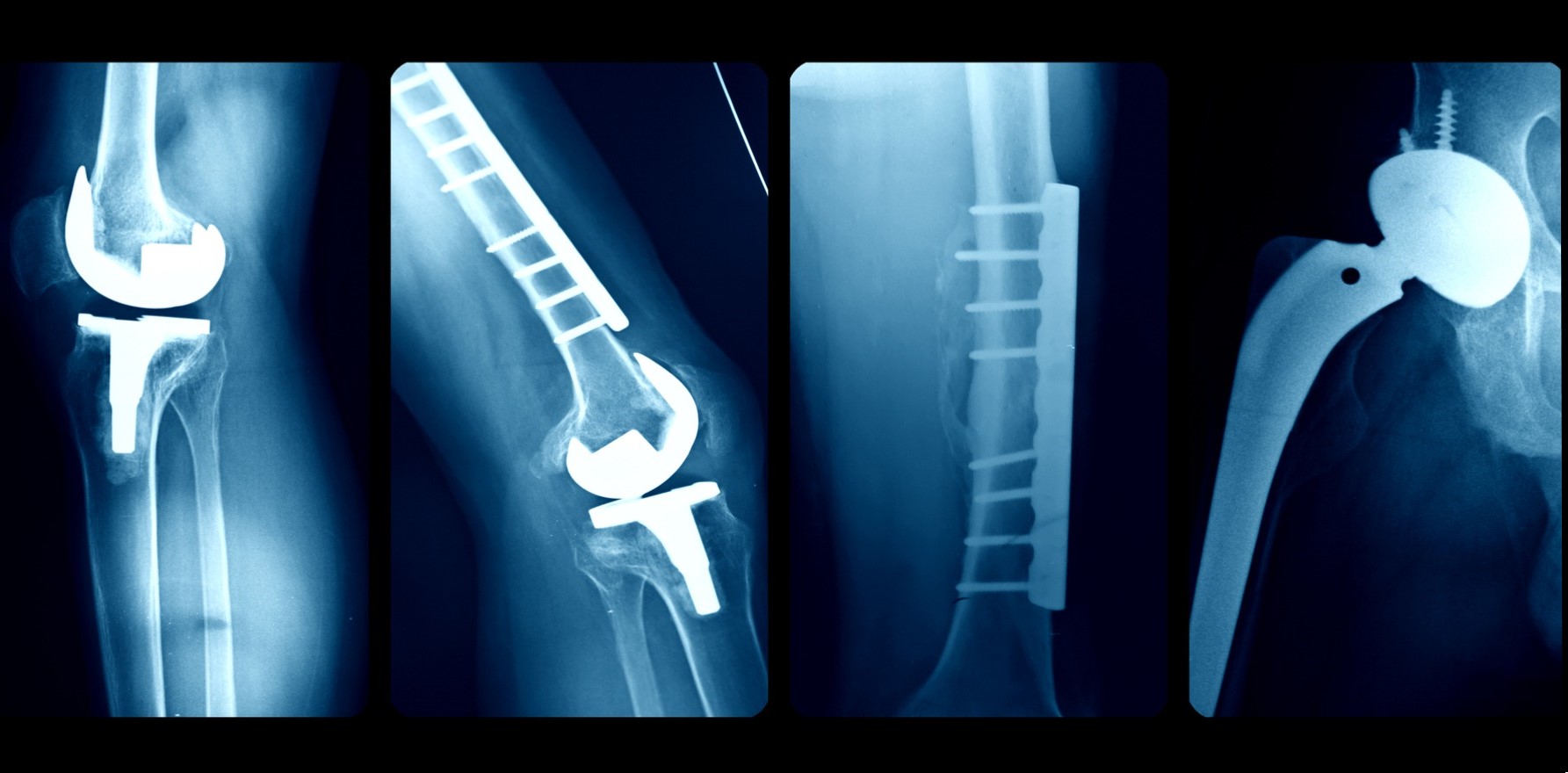US guidelines recommend osteoarthritis patients who have failed nonoperative treatments in the past proceed straight to surgery.
On the basis of low or very low certainty evidence, the American College of Rheumatology now recommends not delaying total joint arthroplasty to pursue treatments like physical therapy, NSAIDs, ambulatory aids and injections for certain patients.
The guidelines, which were a joint effort between ACR and the American Association of Hip and Knee Surgeons, seemingly challenges the current wisdom, which favours more conservative management.
It’s not the first time the organisations have teamed up, having previously co-produced guidelines looking at which medicines to withhold prior to surgery for patients with rheumatic diseases.
The focus of this new set is slightly different, looking instead at timing to optimise positive patient outcomes.
Only the summary guidelines have been released so far, with no set date for the full guidelines to be released.
The patient population for the new guidelines was limited to people with radiographically moderate to advanced osteoarthritis who are indicated for arthroplasty and have already trialled nonoperative treatments.
While the panel recommended against delaying arthroplasty to trial non-surgical treatments or to achieve weight loss in patients with BMI greater than 35, it did recommend delaying surgery to improve glycaemic control in patients with diabetes and to work on nicotine cessation in patients who smoke.
The panel was made up of rheumatologists, surgeons and patient representatives.
The rheumatology contingent on the core oversight team was comprised of New York rheumatologist Dr Susan Goodman and University of Alabama at Birmingham researcher and clinician Professor Jasvinder Singh.
All recommendations were conditional, with certainty of evidence graded as either “low” or “very low”.
The authors did not provide a timeline for failed non-operative therapy, given there are significant variations in the course of disease in that some patients have been under care for many years and some patients have severe disease but only present a few months of pain.
Monash University researcher and rheumatologist Professor Rachelle Buchbinder told Rheumatology Republic that she was concerned about the wording of the guidelines, particularly the seeming lack of clarity over the phrase “do not delay”.
“It is not clear about the definitions of appropriate trial of non-operative care/sufficient time to understand the pattern of symptoms,” she said.
“Without further details I remain concerned that it may lead to joint replacement in at least a proportion of people where it is unnecessary.”
Professor Buchbinder qualified her statements by noting that the full guidelines, which would presumably provide more clarity on her points, weren’t out yet.
She also mentioned a study co-authored by Australian orthopaedic surgeon Professor Peter Choong, published in JAMA Network Open last year, which found patients with knee OA who had substantial weight loss via bariatric surgery tended to report fewer complications from a total knee replacement.
Around a third no longer required a knee replacement following bariatric surgery-assisted weight loss, implying that, in a significant proportion of patients with knee OA and obesity, OA symptoms may be effectively managed through weight loss alone.
In cases where OA patients have severe ligamentous instability, bone loss with deformity or a neuropathic joint, the panel recommended to prioritise arthroplasty over optimisation of a non-life-threatening condition.
The rationale for these final recommendations was slightly different, with the authors unable to identify any studies that either directly or indirectly answered the panel’s clinically relevant population, intervention, comparator, and outcomes questions.
Because the information available in the summary guideline was so limited, Sydney rheumatologist Professor David Hunter said he was unlikely to change his clinical practice at present.
The full guidelines are still going through peer review but are expected to be published in an ACR journal within the next six months.
Professor Hunter told RR that he would stick with giving his patients an appropriate trial of lifestyle interventions, along with appropriate analgesia, for up to six months before considering a surgical referral.
“There are obviously exceptions to that rule where people are progressing rapidly, but to suggest that you can get meaningful improvements in weight and strength in a period shorter than three months and consider that a failure of appropriate nonoperative therapy seems completely unrealistic,” he said.
“Furthermore, there is good trial evidence to support that the majority of people provided a nonoperative solution with end-stage disease do well up to two years of follow-up.”
Referring a patient for total joint replacement so early in the process, he added, will likely further overwhelm the healthcare system.
According to the most recent Australian Institute of Health and Welfare data, the median public wait time for total hip replacement is currently around 150 days – an increase of 95 days compared to five years ago.
The median wait time for a total knee replacement is even longer, at 290 days, with 30% of patients waiting more than a year.


